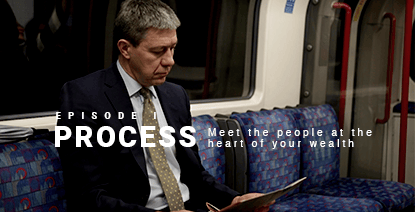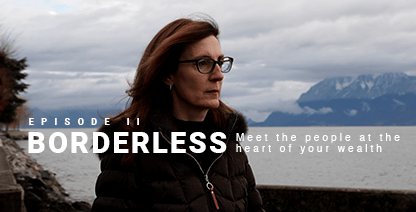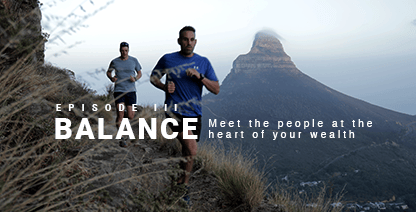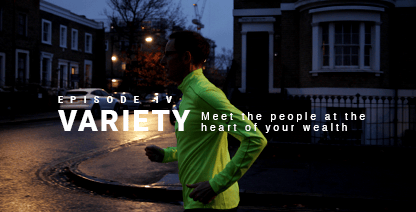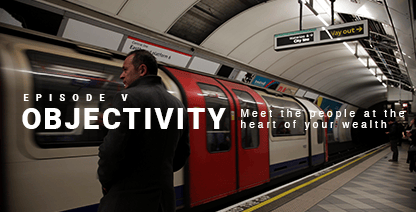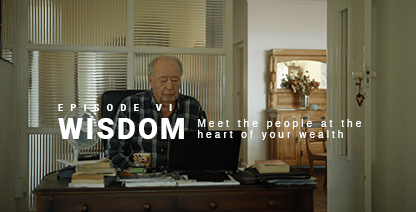With the equivalent of 3% of the world’s GDP in liquidity being pumped into financial markets globally to stem the tide of the Coronavirus, “markets are starting to trust that the response from central banks and governments will work and are beginning to look for opportunities rather than risks,” says John Haynes, Chairman of Investec’s Global Investment Strategy Group (GISG) and Head of Research at Investec Wealth & Investment UK
Speaking on an Investec Wealth & Investment client webinar, moderated by BBC journalist, Christian Fraser, Haynes says the GISG has faith in the system. “Do we (the GISG) trust the plumbing of the markets enough to hold on to our portfolio of risk assets? Yes, we do. Central banks and governments have responded well."
“It is truly unprecedented to see the revenue collection system turning into distribution system in order to protect the most vulnerable in our society.”
Another area on which the GISG is unanimous, says Haynes, is that investors should hold onto their portfolios, and not engage in panic selling.
Coronavirus: The end of the beginning
Investec Global Investment Strategy Group Chairman, John Haynes, and Investec Wealth & Investment's Chief Investment Strategist, Chris Holdsworth, talk to the BBC's Christian Fraser about how financial markets are responding to the Covid-19 crisis.
South Africa’s lockdown: “This is going to hurt”
There is no doubt that enforcing a 21-day lockdown on a country that’s already in recession is going to have a major knock-on effect on the South African economy. “We’ve seen estimates out there that say Q1 growth will be -4%, and there are estimates that Q2 growth could be as low as -14%. This is going to hurt in a major fashion,” says Chris Holdsworth, Chief Investment Strategist for Investec Wealth & Investment SA, who joined Haynes and Fraser on the webinar.
Talking about the purpose of the lockdown, Holdsworth says that reducing the rate of infection in the first two weeks is not the only measure of success.
“The point behind the lockdown isn’t just to flatten the curve, it’s to allow space to build capacity in your healthcare system for testing, tracing and treatment. If we don’t have success in these two areas, then we will have another lockdown later on that will be much worse for the economy,” says Holdsworth.
“The point behind the lockdown isn’t just to flatten the curve, it’s to allow space to build capacity in your healthcare system for testing, tracing and treatment."
With the prospect of a deepening unemployment crisis, the South African government was forced to provide fiscal support, explains Holdsworth, while the SARB has also stepped in, cutting rates and starting quantitative easing – a move which is already paying off.
Government will be setting aside R30bn from the UIF to provide support for people who lose their jobs, in addition to a few other measures to support small businesses.
“The UIF has a Net Asset Value of around R150bn, so there’s a lot of ammo for the government to spend. The problem is that the assets of the UIF sit largely in government bonds,” says Holdsworth, who points out that a potential Moody’s downgrade may result in an extra R100bn in the form of forced sellers.
“We could’ve had R130bn selling into a vacuum, so the central bank therefore responded and provided liquidity.” This paid off, as SA bond yields dropped almost immediately by 200 basis points across the yield curve.
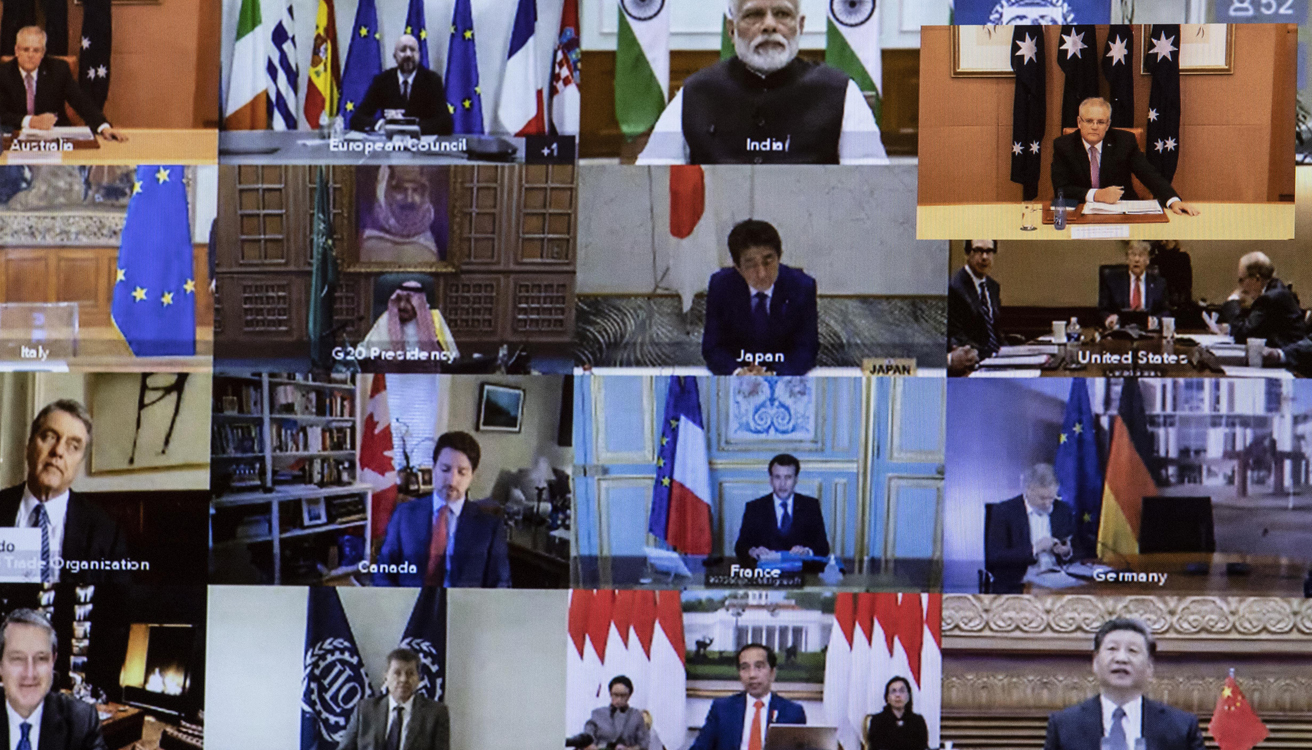
G20 leaders issue pledge to do 'whatever it takes' to combat Coronavirus on a two-hour video summit
Trump wants to get back to business
In the US, 3 million people are now claiming unemployment – close to 2% of total workforce, and growth projections for Q2 are down 25%. There is only a certain amount of time that an economy can withstand this without causing long-term economic damage, says Holdsworth. Hence President Trump’s controversial announcement that he wants to reopen America by Easter, a move that would undoubtedly heighten international tensions between the US and other countries whose borders will remain closed.
While the need to balance the human and the economic considerations is critical, there is hope that medical science will prevail, says Haynes.
“We are so deeply entrenched in this issue that it’s almost hard for us to remember what is brilliant about humanity – its ability to adjust and adapt is phenomenal and should never be underestimated. And in this case, we have the best minds across the planet focused on one problem with the largest amount of resources in the world focused on one problem – they’re going to win, it’s only a question of when.”
The global balance of power post Covid-19
The US and China trade war and the price war over oil will still be there post crisis, but the geo-political chessboard will look very different, says Haynes. “China is consolidating its status as a source of stability rather than instability in the world and they want their share of influence in the future. America is retreating somewhat - Pax Americana and their protective umbrella with Europe is under enormous strain and will fragment.”
With three blocks of power, going forward we will have to accept that competing interests will be fought on the economic stage, says Haynes.
He believes this new world will keep investors on their toes. “You have to be sure that what you invest in is an enduring asset rather than a leveraged opportunity that won’t be around very long. Stick with the highest quality that you possibly can, stick with your game because the world is still going to produce positive returns over the long term.”
Trust us to manage your wealth today
It’s going to get worse before it gets better
We have not reached the height of the crisis and things are going to get a lot worse, particularly in the US, says Haynes, but investors should try and look beyond the crisis. “Ultimately, humanity will succeed and the measures that we are taking to help them do so will enable us to come out of the other side, and actually, in the end, we will probably pat ourselves on the back for a job well done.”
Please refer to the W&I Webinar Disclaimer and Data Protection Notice for the terms and conditions governing W&I webinars.
About the author
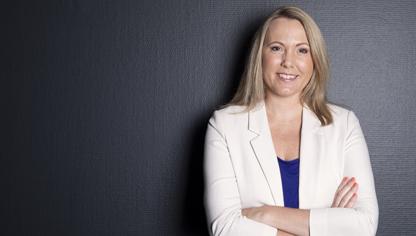
Ingrid Booth
Lead digital content producer
Ingrid Booth is a consumer magazine journalist who made the successful transition to corporate PR and back into digital publishing. As part of Investec's Brand Centre digital content team, her role entails coordinating and producing multi-media content from across the Group for Investec's publishing platform, Focus.
Get Focus insights straight to your inbox

